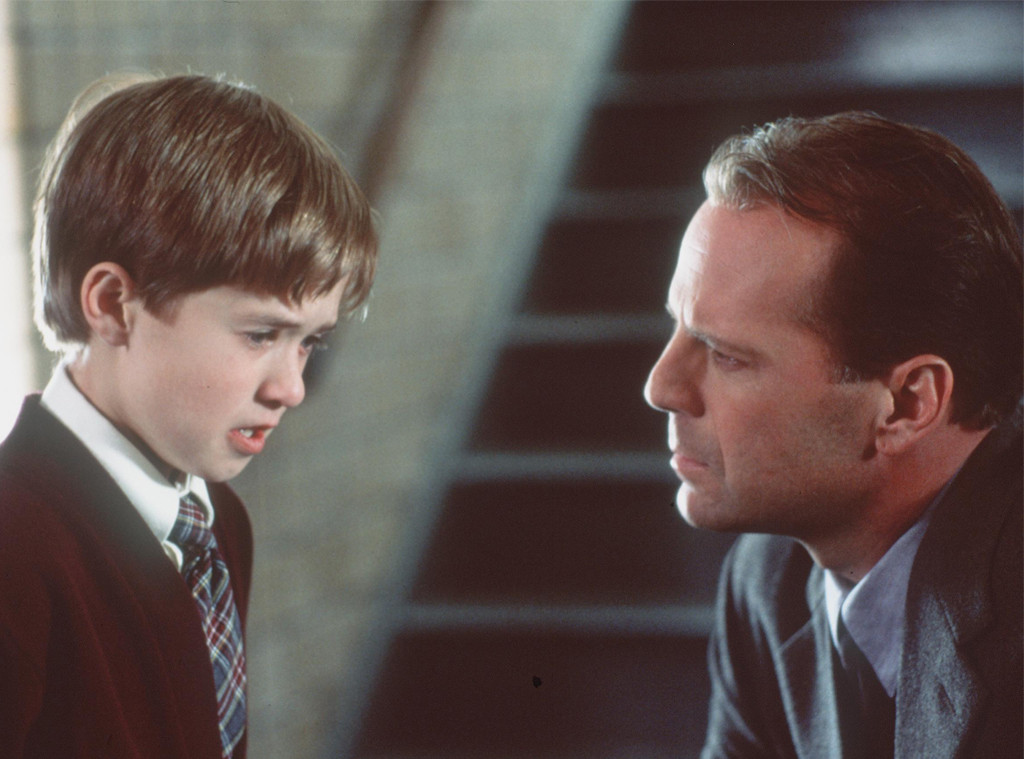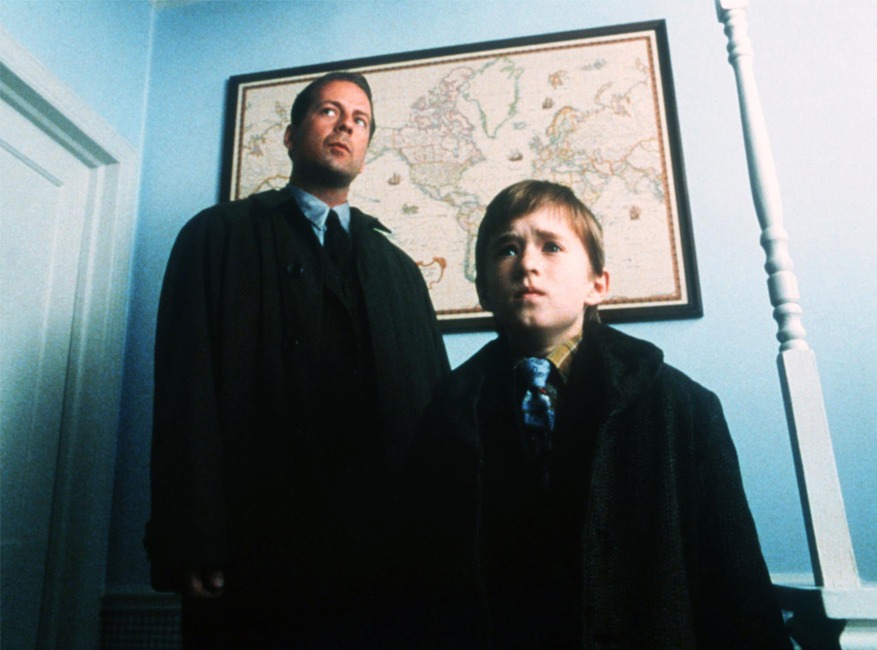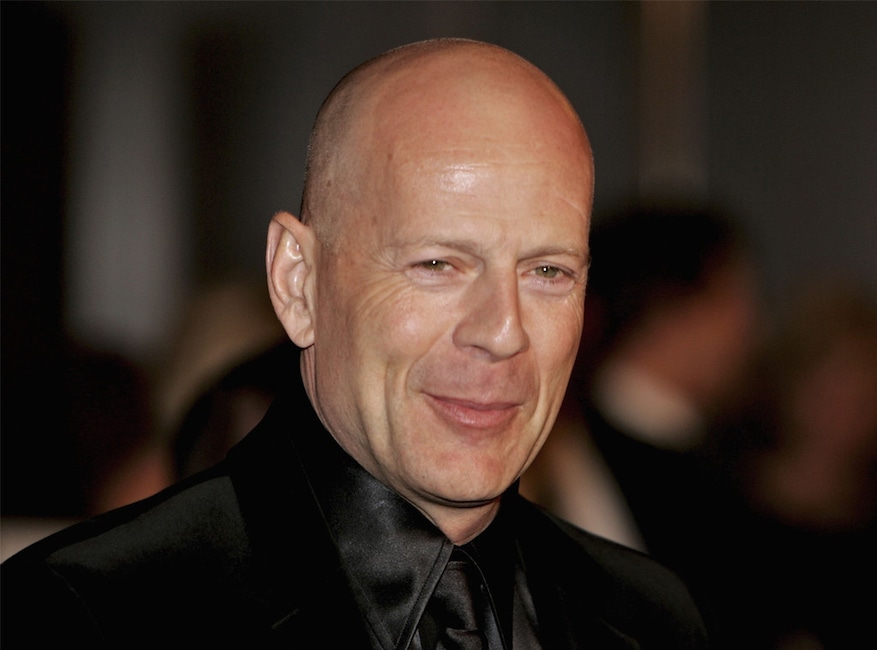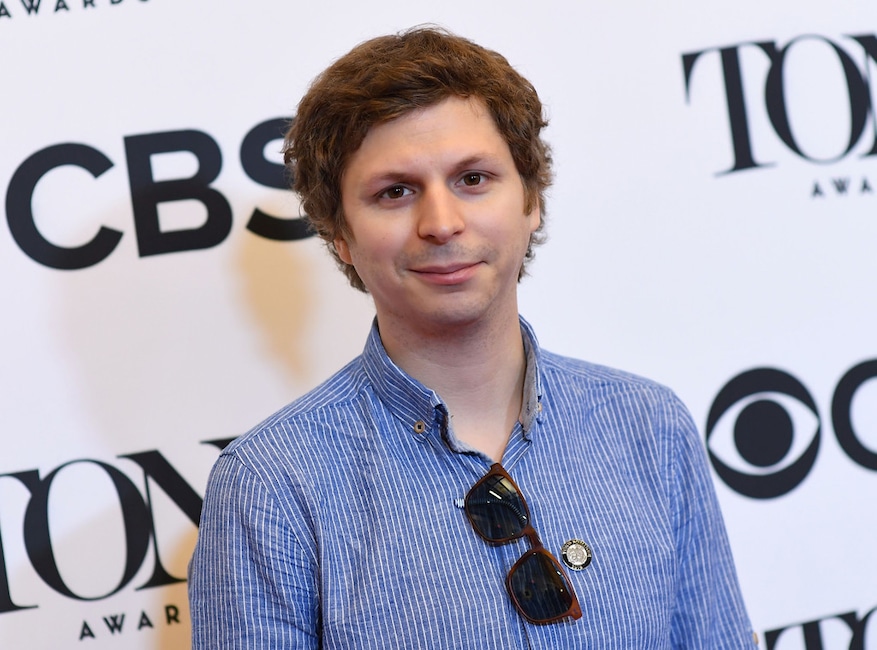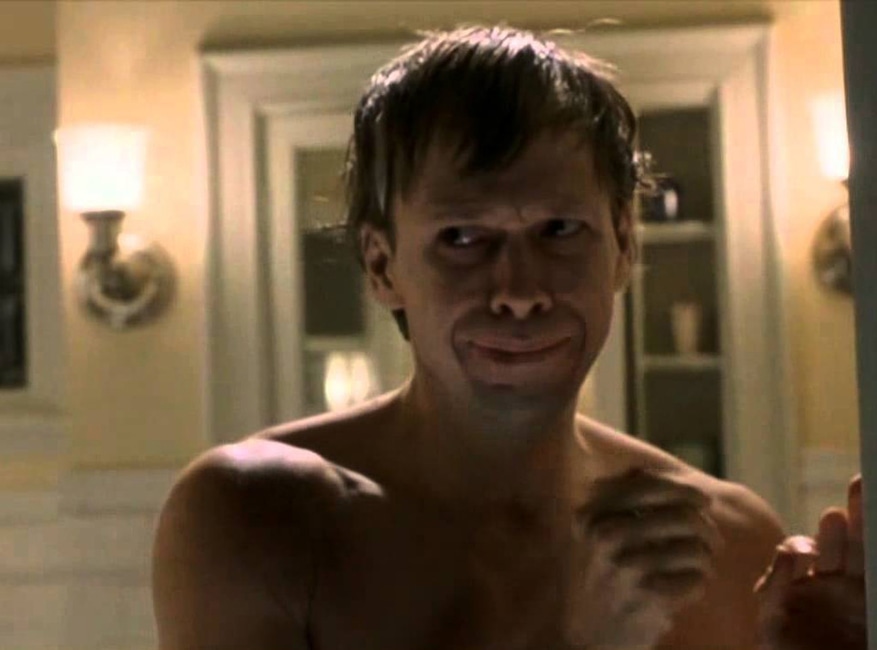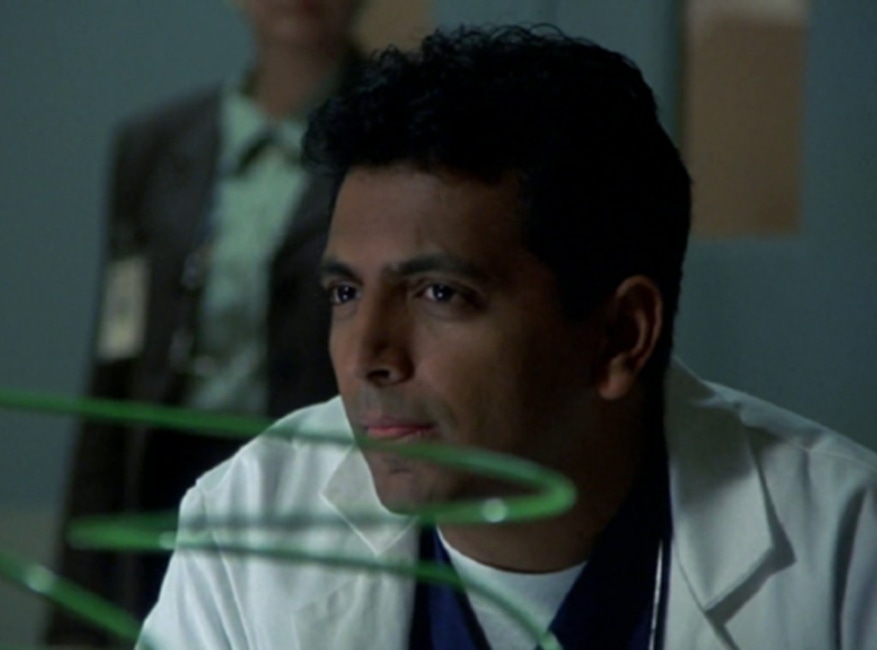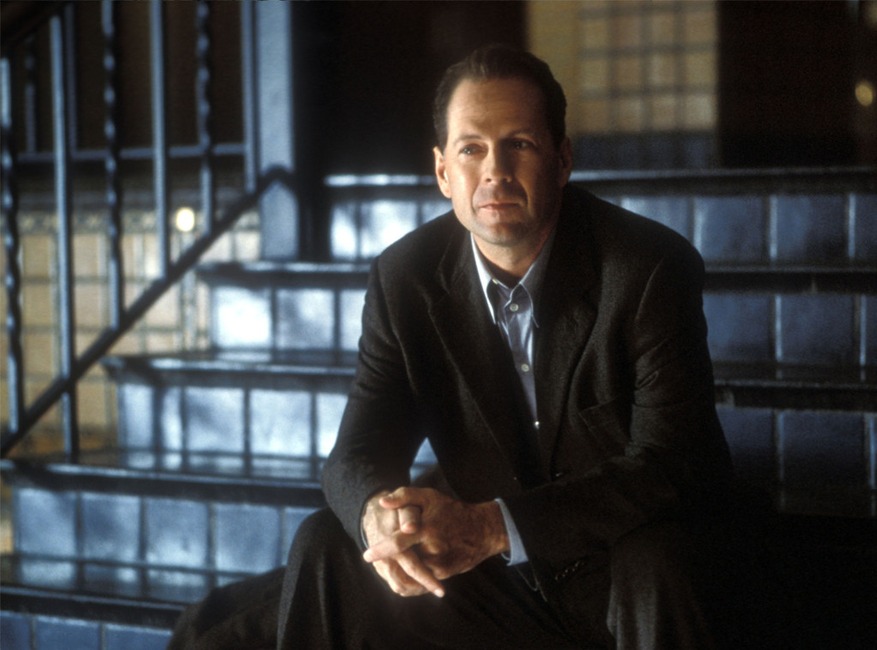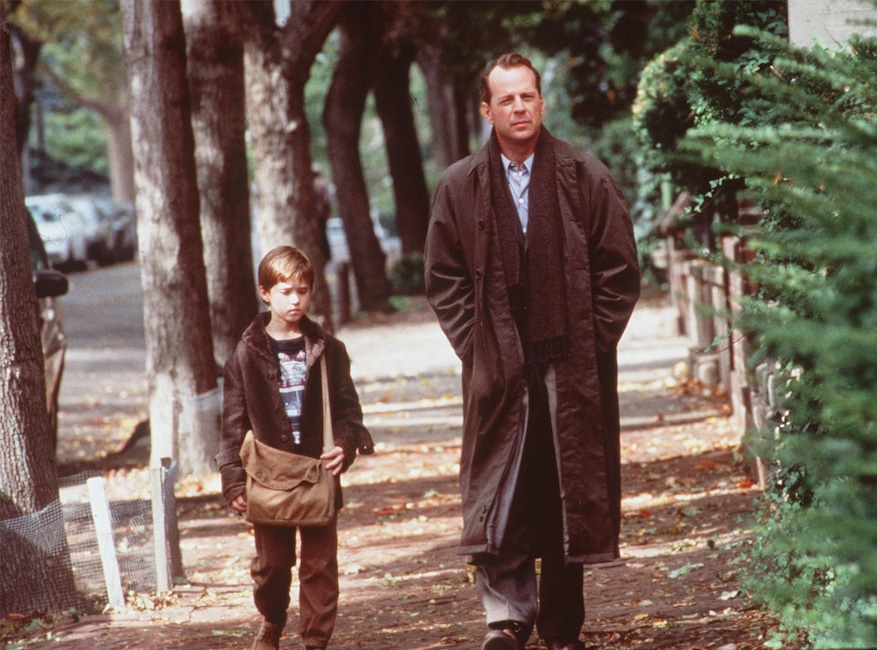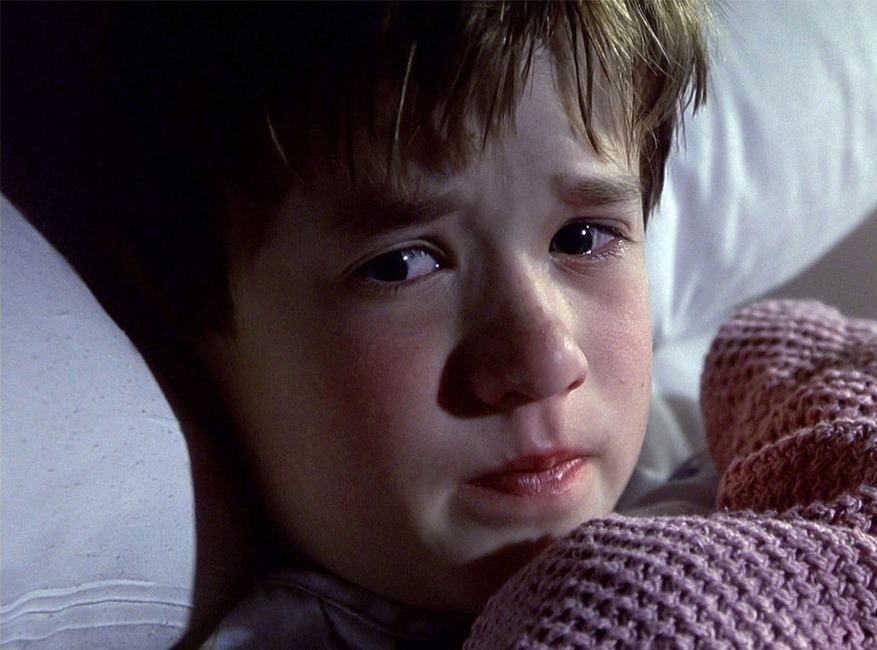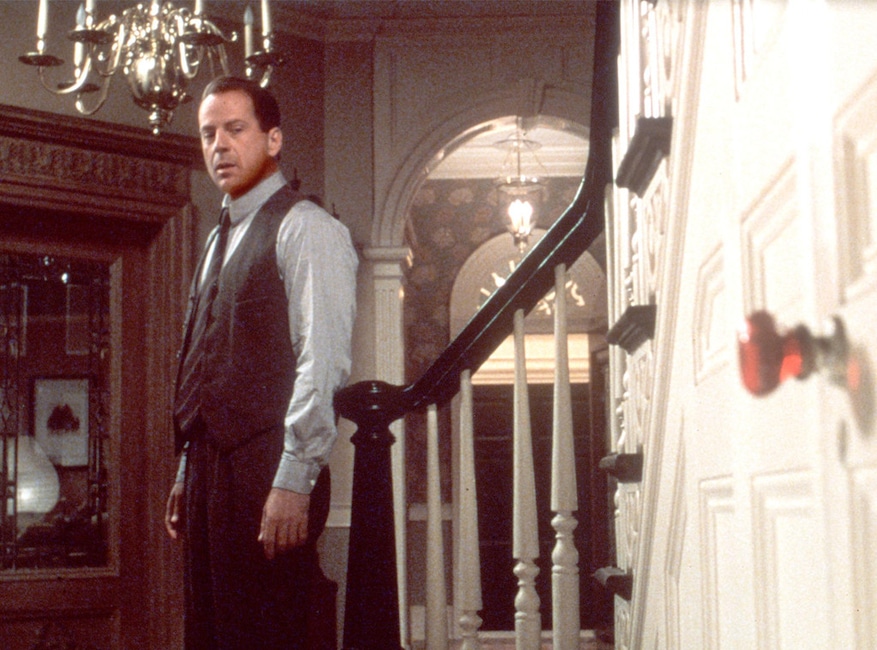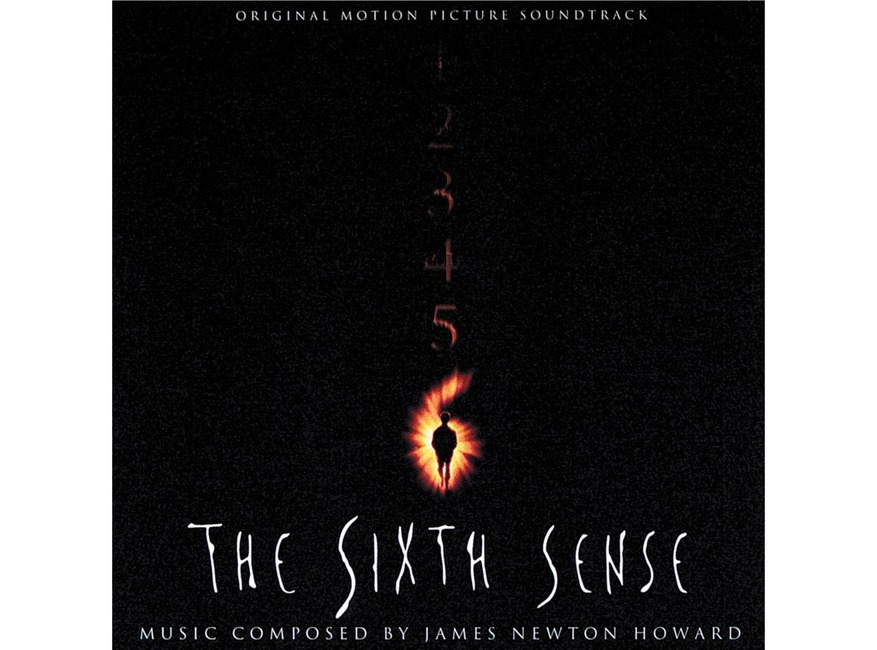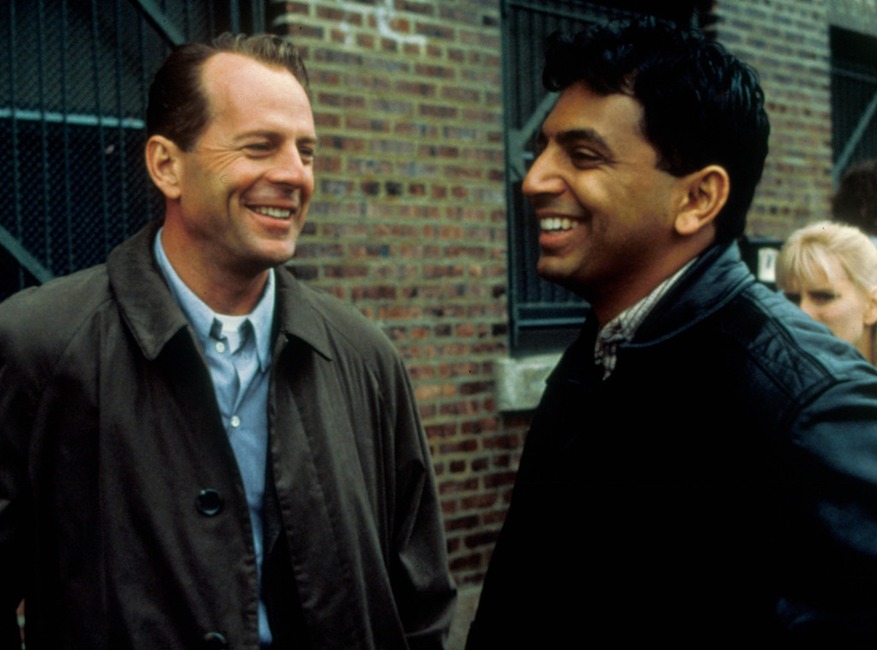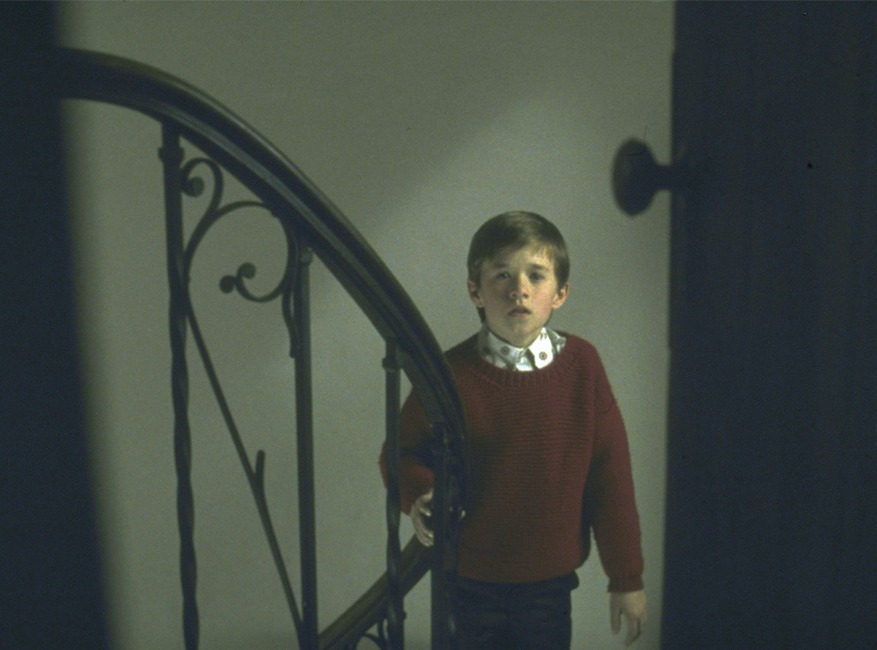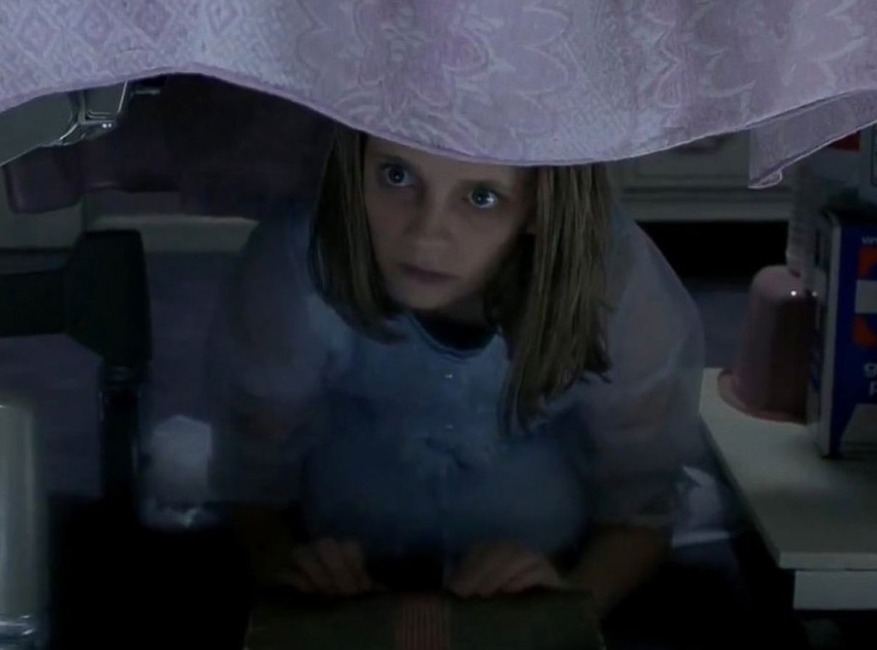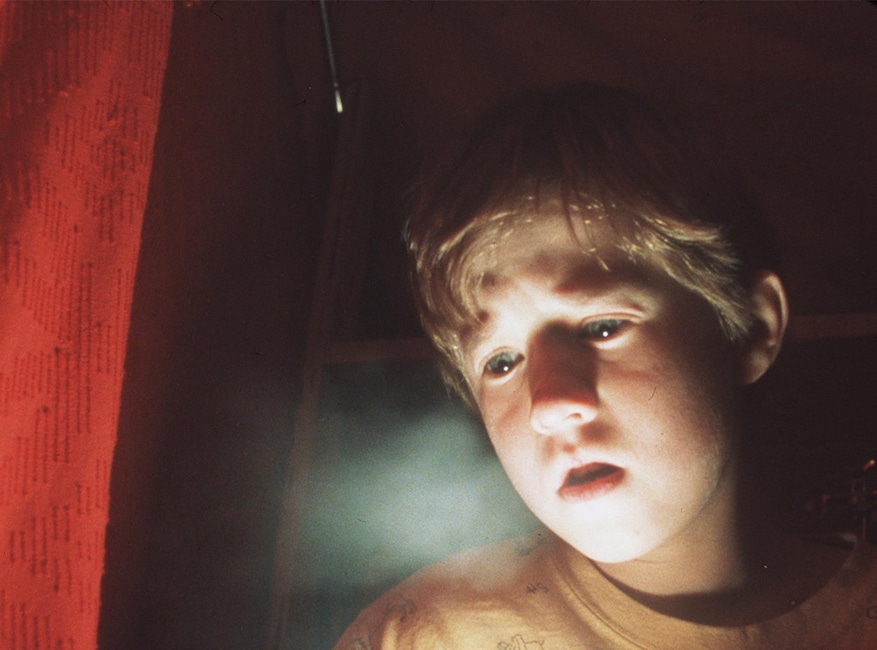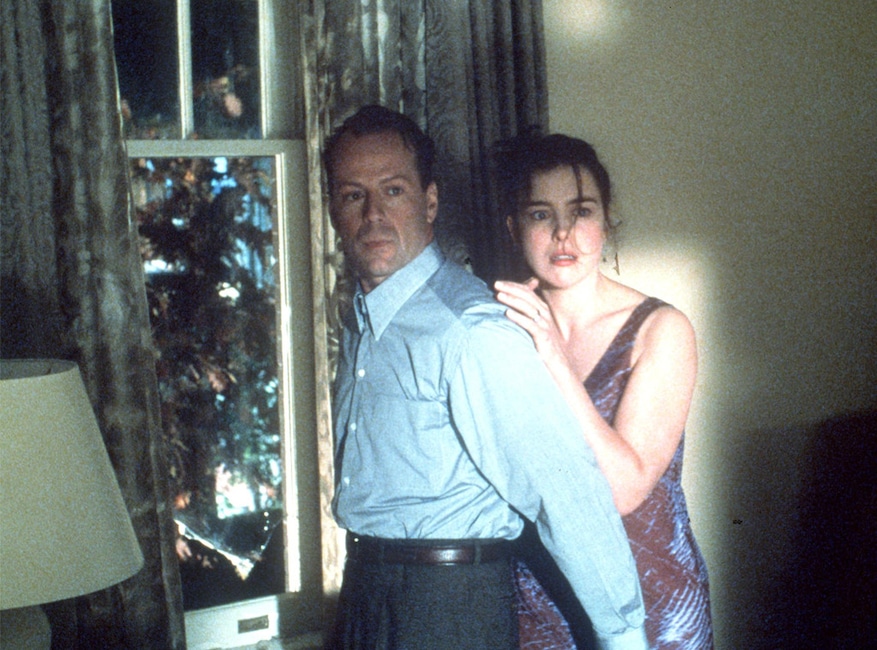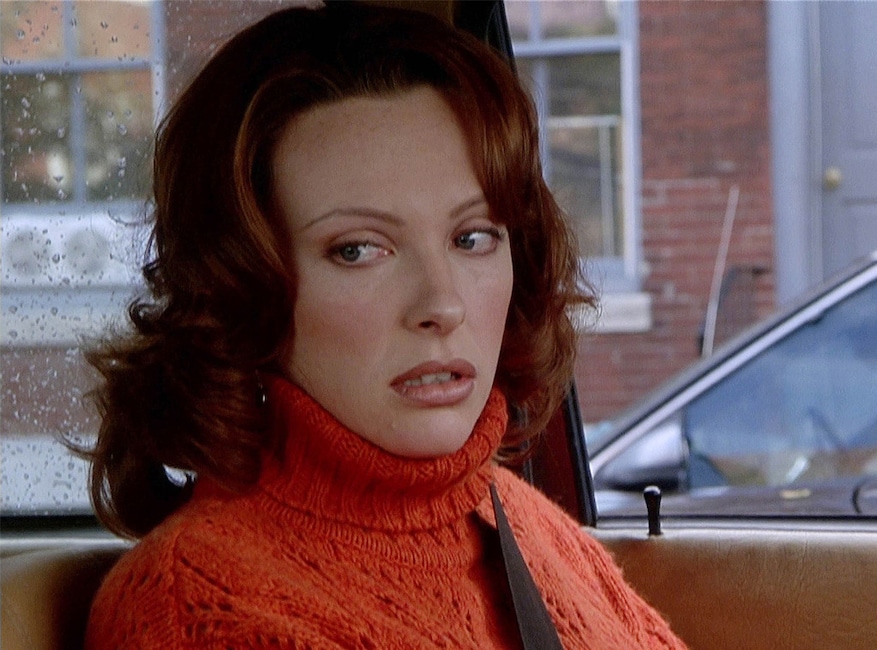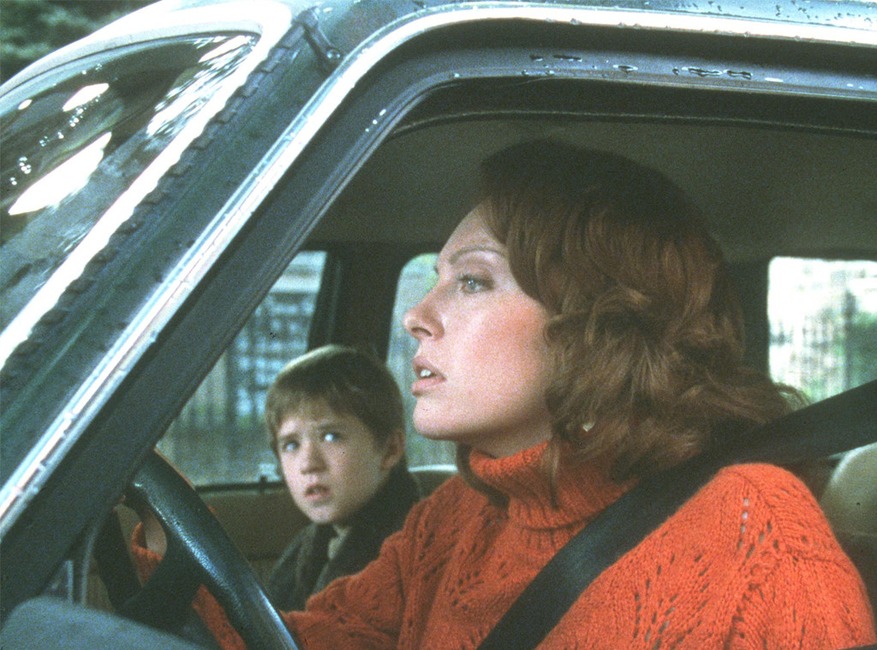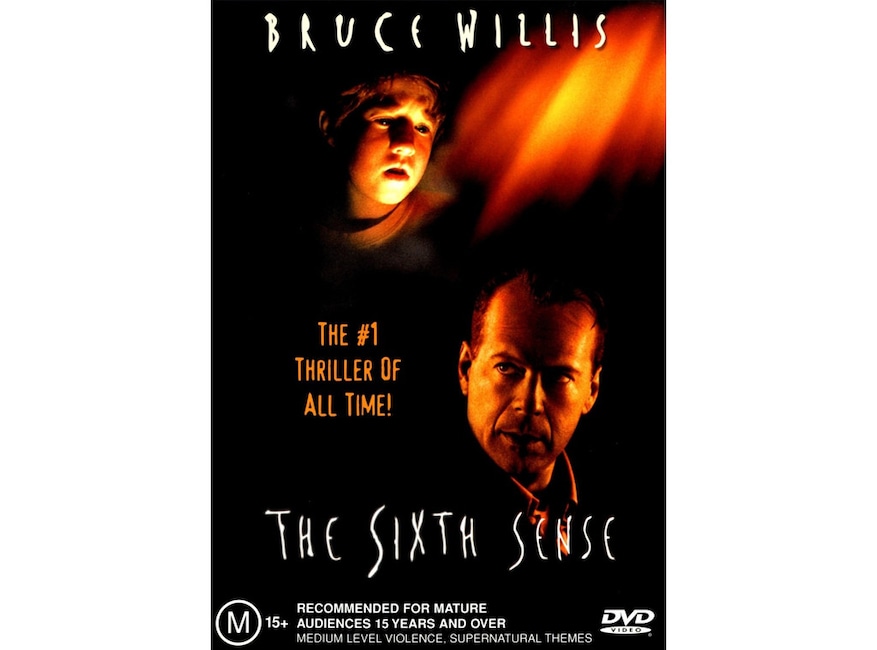20 Fascinating Facts About The Sixth Sense
Getty Images
When The Sixth Sense arrived in theaters twenty years ago, no one knew what to expect.
Its writer-director, M. Night Shyamalan, only had two pictures to his name: one, a semi-autobiographical drama starring himself that only played the festival circuit, and the other, a drama about a Catholic schoolboy’s search for God that only grossed $305,704 against a budget of $6 million. The studio that bet big on the script, Walt Disney Studios, so doubted the film that they sold the production rights to another and only retained a fraction of the film’s potential box office receipts. (More on that in a minute.) And despite the attachment of a star like Bruce Willis, even the press slept on it. In Entertainment Weekly‘s Summer Movie Preview issue for 1999, the film allegedly didn’t even merit a mention among the 134 movies spotlighted.
But when the picture finally made its way to theaters on August 6, 1999—Shyamalan’s 29th birthday—and audiences took in the terrifying tale, centering on Willis’ child psychologist Malcolm Crowe and the young boy Cole Sear (played by the impossibly talented Haley Joel Osment) who insists—say it with us now—”I see dead people,” where nothing was quite what is seemed, everything changed.
The Sixth Sense wound up becoming a box office sensation, ranking just behind Star Wars: Episode I — The Phantom Menace on the list of the year’s highest-grossing films, landed six Oscar nominations, and became a word-of-mouth sensation thanks to its iconic twist ending. It kickstarted a career for its creator that would run red hot, then freezing cold, and back to pretty warm again thanks to recent films Split and Glass, turning his penchant for twist endings into something of a punchline along the way.
“The Sixth Sense was the movie that didn’t have the legacy to deal with. It didn’t have my name to deal with. So, it would be interesting if The Sixth Sense was the third movie or the fourth movie and how that would’ve changed the audience’s relationship to the film,” Shyamalan told Variety this month. “Could you even watch the movie? Or would you from the first moment in the movie go, ‘Oh, I know what’s happening.’ It’s a really interesting thing. That movie created a relationship with my name and then the name itself now has a framing for all the rest of its cousins. It’s the one movie that got to live without my name.”
In honor of the film and its shocking ending that no one saw coming, let’s take a look at 20 fascinating facts from its production that just might surprise you as much as the reveal that—20 year old spoiler alert!—Bruce Willis was dead the whole time.
Ron Phillips/Hollywood/Kobal/Shutterstock
1. When Shyamalan’s script began making the rounds, it came with a few stipulations attached: “I have to be attached as director, and we’re going to have $1 million minimum bid,” he told The Hollywood Reporter of his demands. “If they want to read it, they have to know that this is going to start at $1 million.” When then-president of production of The Walt Disney Studios, David Vogel, read the script, to avoid the bidding war that was coming, he bought the rights to the script for $2.25 million without obtaining corporate approval. Disney did not respond so favorably to his rogue decision-making. They asked him to restructure his contract and give up some of his presidential power. He refused and was fired in July of 1999. Disney had such little faith in the film that they sold production rights to Spyglass Entertainment, while retaining distribution rights and only 12.5 percent of the movie’s box office receipts.
Kevin Winter/Getty Images
2. A few years prior to starring as Malcolm Crowe, Bruce Willis was attached to both star in and produce another Disney film, Broadway Baller. Only 20 days into the ill-fated production, he fired the director and much of the crew, leaving the production to be shelved indefinitely. Facing a lawsuit and a bill for the $17.5 million already spent on the scrapped film, Willis signed a three-picture contract with the studio in which a portion of his salary would go back to cover the losses. The first was Armageddon, followed by The Sixth Sense and The Kid.
ANGELA WEISS/AFP/Getty Images
3. In 2009, Michael Cera revealed that he’d auditioned for Cole, telling Esquire that he didn’t know the movie “was about seeing dead people. They didn’t mention that in the breakdown.” After seeing the movie, he thought back to the scene he’d read for his audition. “Bruce Willis is saying, ‘I can’t be your doctor anymore,’ and Haley Joel Osment starts crying and slides the penny over to him. It’s a very emotional scene. And I did not do it that way,” the Arrested Development star recalled. “I did it upbeat. I said ‘Some magic’s real’ very optimistically.”
Article continues below
Hollywood Pictures/Walt Disney Pictures
4. Though he’s only in the film for about 10 minutes, Donnie Wahlberg underwent a massive transformation to play Malcolm’s tortured former patient Vincent, losing 43 pounds in just five weeks. “I remember Night saying, ‘This scene really has to kickstart the movie,'” the New Kids on the Block star told THR. “I tried not to think about that burden and that responsibility and just try to honor the script and stay in tune with what I needed to play this part. I thought if I was in that room standing across from Bruce Willis and Olivia Williams and haven’t suffered and really gone through some really dramatic situations before I do this scene, how am I going to bare my clothes, never mind bare my soul? So that’s just where I went.” As he explained, he went rather method to prepare for the production, moving to New York and staying in a friend’s apartment, “but with no money, no credit cards. I would fast for a couple of days at a time and then just eat vegetables, chew gum all day and then walk the streets. When I got to Philadelphia, I slept in the park one night and was going through this really crazy process.” He couldn’t, however, go the full monty for his big moment, as he’d hoped, having to settle for appearing in his “tighty-whities” to ensure the film was rated PG-13.
Hollywood Pictures/Walt Disney Pictures
5. Despite casting himself as Dr. Hill as a “nice little thing” done to acknowledge his parents, both of whom are doctors, Shymalan would up leaving much of his on-screen performance in his own film on the cutting room floor, declaring himself unhappy with his own acting. Oops!
Ron Phillips/Hollywood/Kobal/Shutterstock
6. To keep viewers in the dark about Malcolm’s fate, a left-handed Willis learned how to write and draw with his right hand so that viewers wouldn’t notice that his wedding band was no longer on his hand.
Article continues below
Getty Images
7. While Willis went to great care with his handwriting skills to keep viewers on their toes, his wardrobe was one of the few clues apparent throughout the entire film that not everything is what it seems with Malcolm. If you pay close enough attention, you’ll see that he’s always wearing a slight variation of the same clothes he was wearing the fateful night Vincent took his life. That’s on purpose.
Moviestore/Shutterstock
8. Another clue that Malcolm is dead? After Cole says the iconic “I see dead people,” the camera slowly zoomed in on his face. Producer Frank Marshall admitted in a special feature that he wanted the scene altered, fearing it was too much of a hint, but test screen audiences didn’t notice what the scene was implying, so it was left in tact.
Getty Images
9. The color red is intentionally absent from much of the film, though it is used prominently in a few isolated shots for “anything in the real world that has been tainted by the other world” and “to connote really explosively emotional moments in situations.”
Article continues below
10. While great care went into protecting the major twist ending in the film, less care was taken when it came to the soundtrack’s track listing. The final song on the album full of composer James Newton Howard‘s work reveals it plain as day: “Malcolm is Dead.” While the soundtrack wasn’t made available for a few weeks after the film’s release, possibly because of this very reason, it still worked to spoil the film for anyone who happened to check out the CD in a record store (remember those?) before getting to the theater to see it.
Moviestore/Shutterstock
11. While Willis may have been acting in the film, in part, out of what he owed Disney for the Broadway Brawler fiasco, he was apparently determined to make sure production was a good time for all involved, going so far as to DJ parties for the adult members of the crew at night. “Bruce definitely introduced me to the notion of partying and letting loose. Back in those days, he was a big DJ and the parties were super fun,” Shyamalan told Variety, revealing that his leading man helped the director, then only 28, a true first. “He definitely gave me my first hangover. He’d always keep giving me shots that he kept calling ‘candy’: ‘Here’s candy, here’s candy.’ And then the next morning I could not get off the sofa. And I didn’t know what this throbbing pain in my head was. He was just laughing his butt off.
Hollywood Pictures/Kobal/Shutterstock
12. While much of the terror of the film lies in what you don’t see, Osment revealed in a Reddit AMA a few years back that there was one scene filmed that just might’ve pushed the movie over the line. “There is a deleted scene from The Sixth Sense where I look out the window of the hospital and see an entire wing with horribly disfigured and mutilated people standing in each of the dozens of windows,” he wrote. “I think Night wisely cut that out because we end up having a movie that isn’t too gory and your imagination (the most terrifying force at work) takes over.”
Article continues below
Hollywood Pictures/Walt Disney Pictures
13. In the two decades since the film was released, much of the cast has admitted that it wasn’t until they saw the thing that they realized how scary it was. For Mischa Barton, who appeared as Kyra Collins, the young girl slowly poisoned by her mother, that moment came when she stepped into the ADR booth during post-production. “I actually had my little sister in the room because we went into this studio in New York to do the ADR and she just, like, literally flipped,” the future star of The O.C. and The Hills: New Beginnings, told Variety. “You know how you’re not supposed to make any noise in ADR? She screamed at the top of her lungs. My mom was like, ‘Oh, my god.’ She had to take her outside. My sister’s like, “‘That’s the scariest thing I’ve seen.'”
Getty Images
14. The crazily visible breath we saw out of Cole whenever a ghost was near? That was achieved the old-fashioned way: By making poor Osment as cold as possible. “What they did was they would drape this huge plastic sheeting over the sets and then pump in freezing cold air so that it would be below freezing, and you could see our breath,” Osment told Variety. “There was a limited time that we could be in there because it was so cold and most of the scenes I’m in my underwear or something.”
“CGI at that time was not perfected to the place where I felt comfortable that it could do breaths,”Shyamalan added. “[Osment] wasn’t acting, it was cold, and you could see the physicality on his skin and the way he’s shivering. And even now, with CGI, I might do it the same way because of what it makes the actors do.”
Getty Images
15. For much of the film’s interior scenes, production filmed in Philadelphia’s old convention center. “Big, empty marble hallways, kind of a [The] Shining feel around the set itself. I believe JFK did a speech there during a campaign in 1960,” Osment recalled to Variety. “It was very old and ornate and had these cavernous, marble stairways that went really deep down.” And not everyone was convinced they were there alone. “I don’t know if it’s just kids who make up that’s everything’s haunted, but I’m pretty sure that place was haunted. Like, actually haunted,” Barton remembered. “I don’t really want to speak for Night, but I really think he kind of enjoyed it because it had this creepy air to it that made it even more fun.”
Article continues below
Moviestore/Shutterstock
16. When Toni Collette came in to read for the role of Cole’s mom Lynn, she’d altered her appearance in such a way that Shyamalan was worried he’d never be able to convince Disney to cast her. “I had seen Muriel’s Wedding and Toni came in and her head was shaved, and I forget if it was for fun or if it was for a movie. She did such a beautiful job,” the director recalled with Variety. “I didn’t want to show the video to the studio for fear that they would be concerned with her appearance, and I said ‘I want to cast the woman from Muriel’s Wedding‘ and then Bruce backed me and said ‘Oh, I love Muriel’s Wedding,’ so we kind of got it without the studio seeing the audition, and I was so lucky.” As for the hair she’s rocking throughout the film? Not hers in the slightest. “Toni is actually wearing a wig throughout all of The Sixth Sense, and I think it’s a wig from Velvet Goldmine,” he added. “We didn’t even have the wig!”
Getty Images
17. During filming, Collette felt some spooky occurrences of her own. “When we were making The Sixth Sense, I had a couple of weird things happening,” she told Slant Magazine in 2012. “In the hotel room I was staying at in Philadelphia, I started meditating a lot, and then I would wake up at night, roll over, and look at the clock, and it was always a repeated number—1:11, 3:33, 4:44. That started to really spook me.”
Hollywood Pictures/Walt Disney Pictures
18. To achieve the horrific moment when Barton’s Kyra is vomiting in front of poor Cole, she was not only kept in the freezing cold—the better to see everyone’s breath with, you’ll recall—but given a very specific mixture to hold in her mouth until the time was right. “We would make a mixture to put in my mouth. They gave me options between cereals and bananas,” Barton told Variety, adding that the creepiness of the film never really fazed her. “Everybody just asks, ‘Was it traumatizing?’ It really wasn’t. I was already 13 and I could handle it.”
Article continues below
Axelle/Bauer-Griffin/FilmMagic
19. While Collette earned herself a Best Supporting Actress nomination at the 72nd Academy Awards for her work as Collette—she lost to Angelina Jolie in Girl, Interrupted—the role was almost played by someone else altogether. Marisa Tomei was one of the other actresses in the running, as well as some other nameless actresses with “higher profiles,” according to an Urban Cinefile interview with Collette.
20. The film proved to be so popular that it became the top-selling DVD of 2000. Not only that, but its worldwide gross of $672.8 million made it the highest-grossing horror film (in unadjusted dollars) until 2017’s It. Not bad for a film Disney had no faith in whatsoever.
Don’t miss E! News every weeknight at 7, only on E!
Source: Read Full Article
